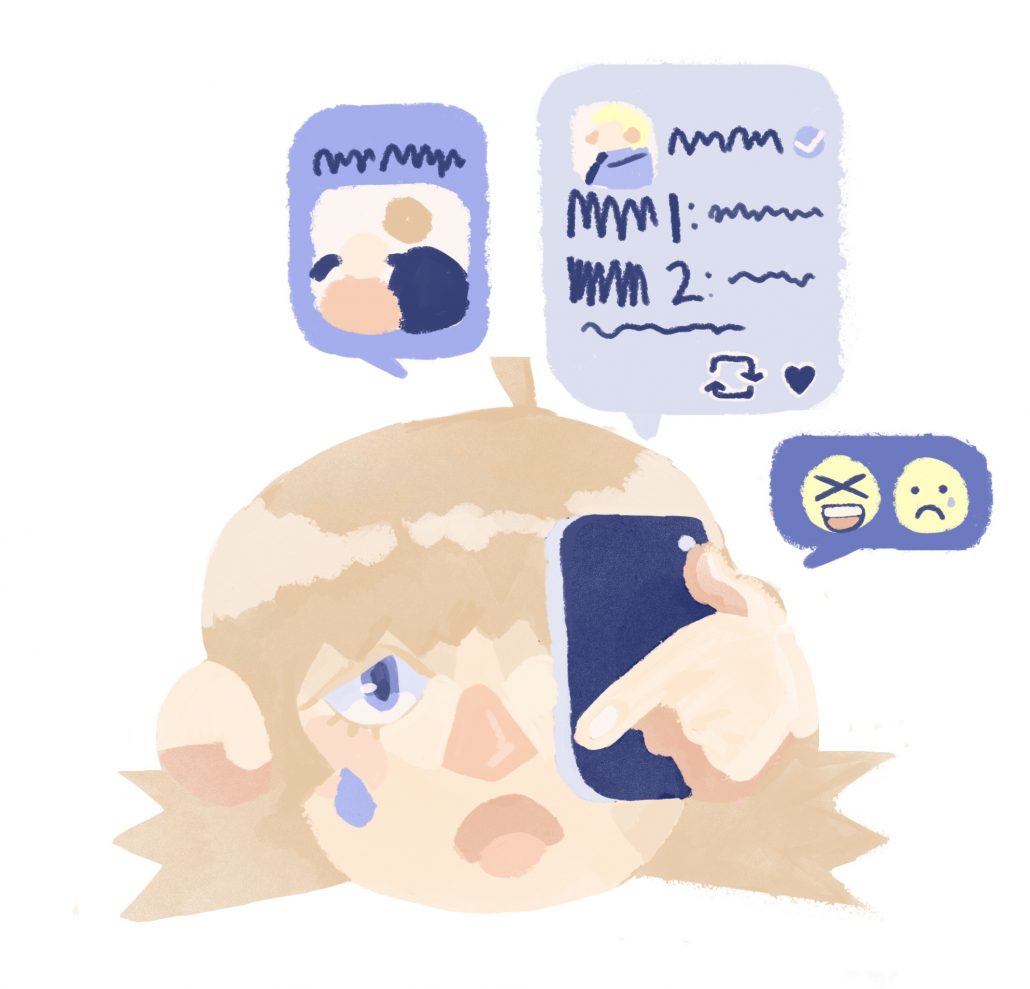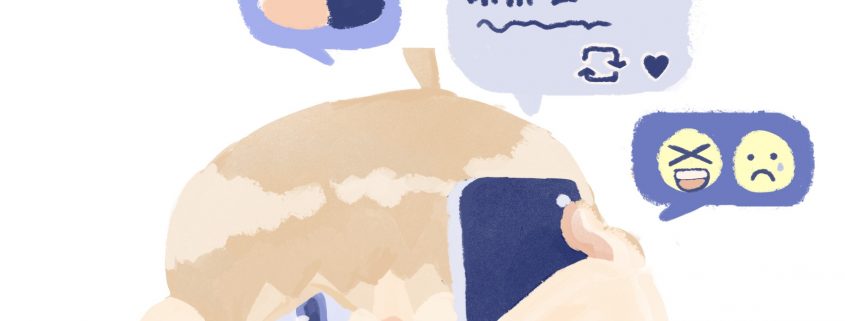Internet Cultured: Memes are an effective outlet to cope with University scandals

When I was newly admitted to USC over two years ago, I, like many of my peers, was eager to get my hands on all the information I could find about the upcoming years at my dream school. Once I exhausted the school’s website and College Confidential, I turned to a much more honest form of content that came directly from the students: memes.
Defining what exactly constitutes an internet meme can be a little tricky, but it is essentially a phrase, graphic or idea that comically conveys a societal phenomenon through cultural references. Importantly, memes are highly shareable, relatable and reduce the complexities of the human condition into a simple punchline — most of the time, they don’t have to even make sense.
Realistically, almost anything can become a meme if it accurately captures the cultural moment, which is why they spread like wildfire and have such large-scale impact in the internet age.
The term “meme” was coined in 1976 by British evolutionary biologist Richard Dawkins, who wrote that memes were the cultural parallel to genes, as both exist to transmit information and replicate themselves. With modern technology factored in, memes became an integral part of internet culture.
My 17-year-old self started scrolling through the “USC Memes for Spoiled Pre-Teens” Facebook group. The flawless, shiny facade USC donned throughout information sessions and campus tours faded to reveal aspects of USC’s culture that would be difficult to derive at face value. For a while, the memes mostly featured common college experiences with a Trojan twist: EVK jokes, Greek life, “University of Spoiled Children” references, stereotypes surrounding the individual schools (looking at you, Marshall snakes) and so on.
The days of simple, lighthearted USC memes, however, are long gone. As darker days have descended upon a University plagued with scandal, the memes page and its student contributors have demonstrated that they want a stake in the conversation.
Last April, Daily Trojan published a feature about how the memes page has become the backbone for discussing campus culture. But now, what makes up USC’s “campus culture” has changed dramatically. With USC constantly in the spotlight for its attempts to recover from various hits to its public image, USC memes are no longer just about discussion — they’re about coping.
Now a sophomore in college, I don’t know ‘SC without scandal, nor do I know scandal without its corresponding memes.
The most recent scandal implicating USC as one of the eight colleges involved in the national college admissions bribery scheme was practically bred for virality. Most notably, former “Full House” star Lori Loughlin was accused of paying $500,000 to have her daughters admitted to USC through fabricated images of them rowing crew. Even though USC wasn’t the only school involved, when there’s a history of national scandals combined with A-list celebrities like Loughlin tied to the headline, infamy is inevitable.
This time, it wasn’t just USC students who went to town on the memes — it was the entire country.
My personal favorite post from the USC memes page poking fun at the admissions scandal is captioned “Hollywood glare be like” and depicts USC at a press conference receiving all of the attention while the other schools involved slip by unnoticed.
While everyone else was seemingly enamored with the details of the case, USC students (especially my very hard-working Daily Trojan colleagues) have come to accept the situation as an almost routine occurrence. Many joked that they were proud that USC had gone almost six months without a FBI investigation. In a time when scandal has become normalized, even expected, memes have become the way to both cope with the repercussions of scandal and escape reality.
Meme culture as a way of coping extends far beyond USC, too. Take any major societal event or tragedy, and a quick Twitter search will yield a plethora of memes attached to the situation. Even on a more personal level, individuals can find memes that relate to moments or mental health struggles in their lives (like my friend who made a meme about their breakup just to have some fun with it).
Everyone loves a good meme. I understand some may shake their heads at them, but if memes help us understand and deal with the challenges that life brings, then I’m all for it.
Rowan Born is a sophomore majoring in journalism and law, history and culture. She is also the social media director of the Daily Trojan. Her column, “Internet Cultured,” runs every other Tuesday.

